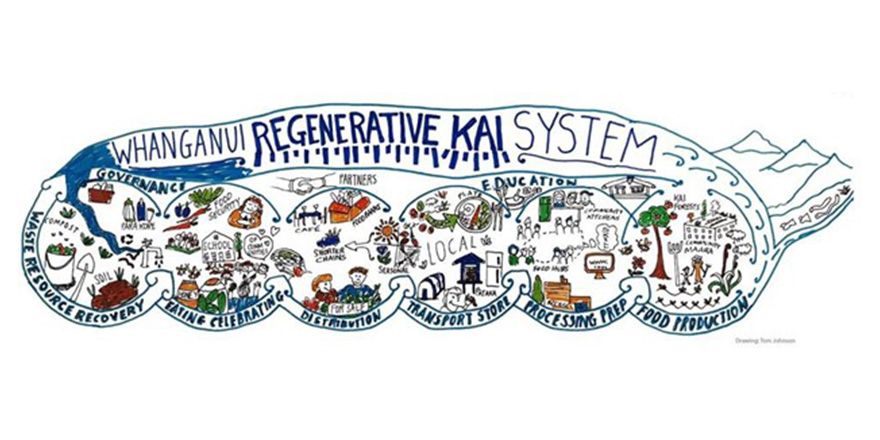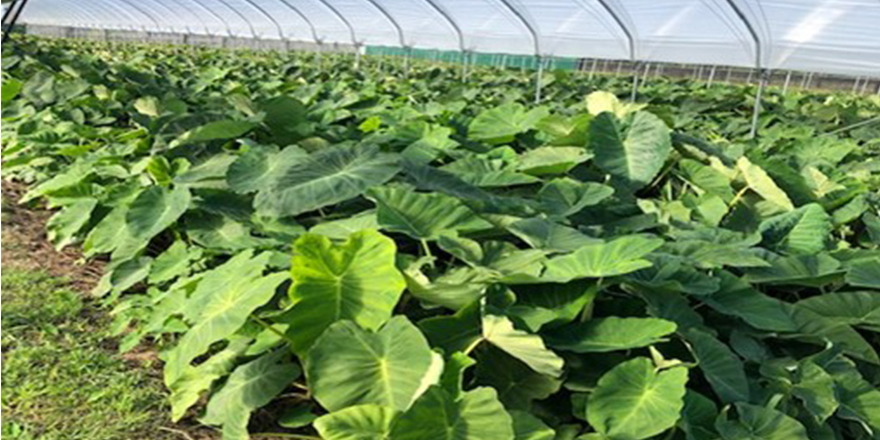
Executive Summary
The NZ dairy sector has a history of innovation, success and development and has grown to support a significant portion of NZ’s total export earnings. Approximately 95% of NZ’s total dairy production is exported to overseas markets. During the 1990’s through to the later part of the 2000’s the sector experienced a significant growth phase resulting in its expansion and intensification. This led to the greater reliance of farming systems on supplementary feed inputs to boost production. This however reduced pasture utilisation and production efficiencies. At the same time, the average level of farm debt also increased, driven by continued sector growth and expansion. The result of these two elements was that NZ dairy farms became more exposed to risk. Between 2014 and 2016, the average farm gate milk price took a dramatic dive resulting in average farm incomes falling below production costs and debt servicing levels for many NZ dairy farm businesses. The downturn period provided an immediate reminder of the correlation between global dairy market volatility and farm gate milk price (i.e. the price farmers received for their milk). The result of this was a critical need for the sector to return its core fundamentals (i.e. a focus on optimising grazing management) to build resilient farm businesses.
This research project sought to determine if NZ dairy businesses have become more resilient following the farm gate milk price downturn period. This was investigated through the analyses of a survey completed by dairy business operators and industry commentators in addition to face-to-face interviews. A total of 107 respondents participated across both surveys. Analysis of the findings showed that most surveyed dairy farmers had responded favourably to the downturn period by seeking to build greater levels of resilience into their farm operations. There has been a shift back to efficient pasture based production systems and greater awareness and understanding of farm financial performance. Despite the greatest risk to farm businesses from downward FGMP movement, there is still a low uptake of price risk management tools being used by the sector.
While this research suggests that NZ dairy farm businesses are likely to be more resilient because of the milk price downturn period, there is still a need to continue building resilience levels through increased production efficiencies (for example maximising pasture utilisation) and a reduction in farm debt. There is a need to foster greater understanding of individual resilient traits in dairy farmers as resilient farmers will be more likely to operate resilient businesses. It is also necessary to support dairy farmers with the use of price risk management tools that can be used to protect their businesses against the risk of downward farm gate milk price movement. Provided dairy farmers maintain a focus on these aspects, the resilience of the NZ dairy sector will continue to grow over time. This will ensure that dairy farmers will be far better placed to deal with any future events of downward farm gate milk price movement making their businesses less exposed to the risk of global dairy market volatility.
Download and read the full report here




